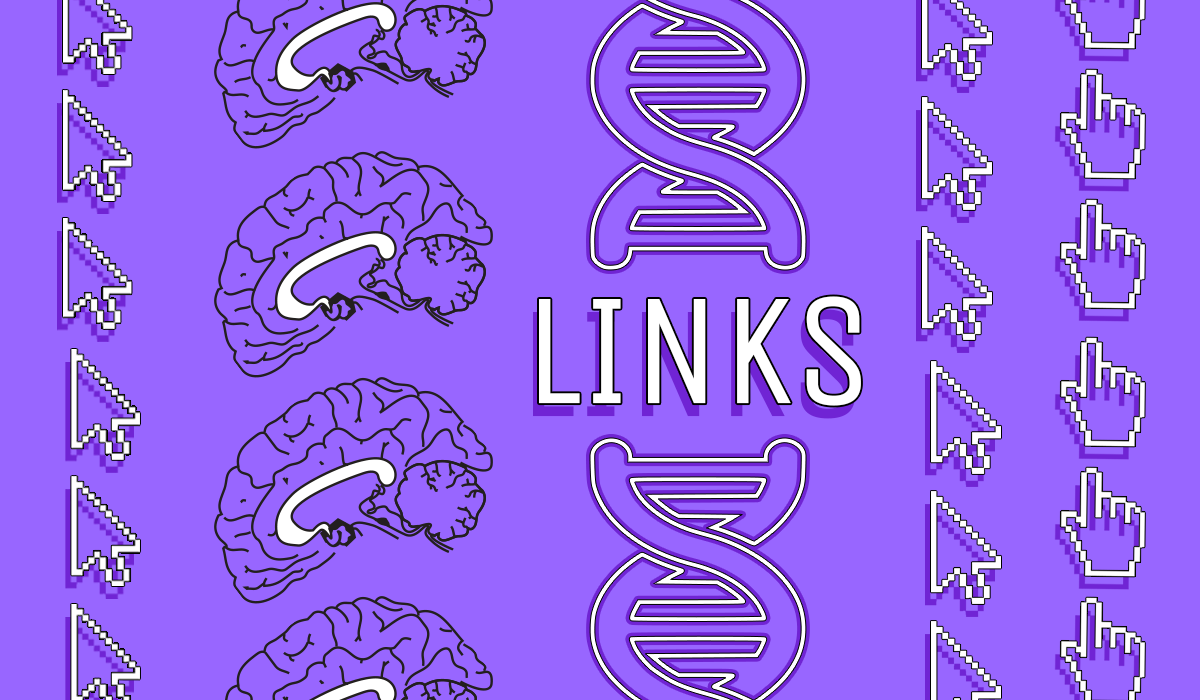LINKS - April 6th, 2022
Welcome to LINKS — my attempt to provide Rhapsody readers with five interesting stories that tell us something about what it means to be human. LINKS is published every Wednesday. Have a link you want to share? Drop it in the comments.
The Razor's Edge of A Warming World
By Emily Atkin & Caitlin Looby, GQ
“As we hurtle toward an ever-hotter future, GQ spotlights eight places whose very identities depend on a simple calculation: If we limit warming to 1.5 degrees Celsius above pre-industrial levels, these places could be saved. In a 2-degree scenario, they would be irredeemably lost.”
Ancient footprints show children splashed in puddles 11,500 years ago
By Colin Barras, New Scientist
“The delight that children find when they jump in muddy puddles has a surprisingly long history. Fossil footprints discovered at an archaeological site in New Mexico show that a group of youngsters living at least 11,500 years ago spent a few carefree minutes engaged in some joyful splashing. But the world was very different back then: the puddles in question had formed in the deep footprints left by a now-extinct giant ground sloth.”
Why Darwin-Hating Christians Are Hunting For A “Living Dinosaur” In The Congo
By Tamlin Magee, Inverse
“For Gibbons and other Young Earth Creationist cryptozoologists, finding a flesh-and-blood, living, breathing dinosaur would not only be a scientific triumph but, they hope, could bury Darwin’s theory of evolution and prove their beliefs right. (Gibbons did not return multiple requests for an interview but has written extensively about his expeditions — these texts help form the basis of this story.)”
Children of the Roman Empire
By Dalu Jones, The Past
“A new exhibition in Florence examines what life was like for the young sons and daughters of gods, emperors, and ordinary mortals in ancient Rome. Dalu Jones explores what the ancient art on view reveals about attitudes towards children.”
Disbelief in human evolution linked to greater prejudice and racism
by University of Massachusetts Amherst, PHYS.ORG
“A disbelief in human evolution was associated with higher levels of prejudice, racist attitudes and support of discriminatory behavior against Blacks, immigrants and the LGBTQ community in the U.S., according to University of Massachusetts Amherst research published in the Journal of Personality and Social Psychology.”




